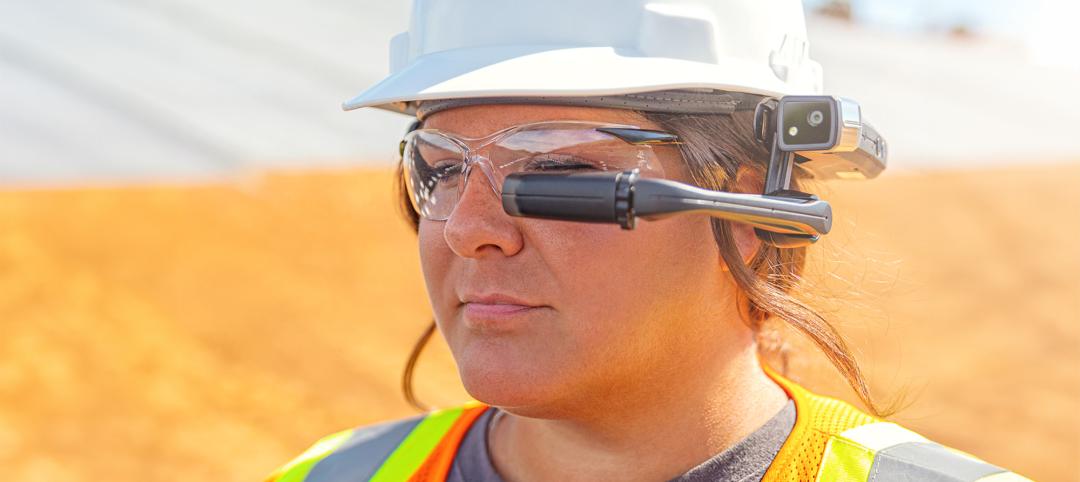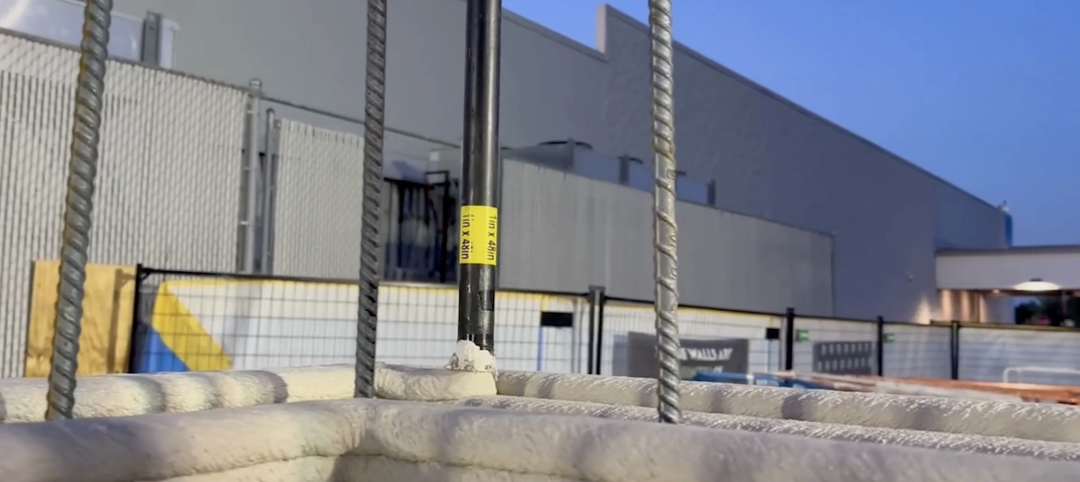Wired Certification, the international standard developed by New York-based WiredScore that distinguishes best-in-class Internet connectivity, can provide valuable bragging rights for commercial property developers.
That’s the view of an executive with Riverside Investment & Development Co., the developer of the 54-story 150 N. Riverside property in Chicago. Landlords can use the certification after a technology upgrade to compare their property with others.
WiredScore developed the standards with industry leaders from companies such as Google and Cisco. It has certified nearly 200 million sf in more than 400 buildings.
Owners can fill out a free, confidential survey on their building’s capabilities. WiredScore audits the survey and conducts a walk-through of the property to inspect equipment and evaluate technical services. Owners receive an audit report that they can comment on and potentially receive a higher certification, especially if they are planning upgrades.
Related Stories
AEC Tech | Oct 16, 2024
How AI can augment the design visualization process
Blog author Tim Beecken, AIA, uses the design of an airport as a case-study for AI’s potential in design visualizations.
3D Printing | Oct 9, 2024
3D-printed construction milestones take shape in Tennessee and Texas
Two notable 3D-printed projects mark milestones in the new construction technique of “printing” structures with specialized concrete. In Athens, Tennessee, Walmart hired Alquist 3D to build a 20-foot-high store expansion, one of the largest freestanding 3D-printed commercial concrete structures in the U.S. In Marfa, Texas, the world’s first 3D-printed hotel is under construction at an existing hotel and campground site.
AEC Tech Innovation | Oct 8, 2024
New ABC technology report examines how AI can enhance efficiency, innovation
The latest annual technology report from Associated Builders and Contractors delves into how artificial intelligence can enhance efficiency and innovation in the construction sector. The report includes a resource guide, a case study, insight papers, and an essay concerning applied uses for AI planning, development, and execution.
AEC Tech | Oct 4, 2024
Publication explores how facility managers can use AI
A new guide, “Gamechanger: A Facility Manager’s Guide to Building a Relationship with AI,” provides a roadmap to understanding and using AI in the built environment.
AEC Tech | Oct 3, 2024
4 ways AI impacts building design beyond dramatic imagery
Kristen Forward, Design Technology Futures Leader, NBBJ, shows four ways the firm is using AI to generate value for its clients.
AEC Tech | Sep 25, 2024
Construction industry report shows increased use of robotics on jobsites
Nearly two-thirds of contractors surveyed, who cited use of robotics on jobsites, are either using monitoring and/or service/labor robotics.
AEC Tech | Sep 24, 2024
Generative AI can bolster innovation in construction industry
Jeff Danley, Associate Technology and Innovation Consultant at Burns & McDonnell, suggests several solutions generative AI could have within the construction industry.
3D Printing | Sep 17, 2024
Alquist 3D and Walmart complete one of the nation’s largest free-standing, 3D-printed commercial structures
Walmart has completed one of the largest free-standing, 3D-printed commercial structures in the US. Alquist 3D printed the almost 8,000-sf, 20-foot-high addition to a Walmart store in Athens, Tenn. The expansion, which will be used for online pickup and delivery, is the first time Walmart has applied 3D printing technology at this scale.
3D Printing | Sep 13, 2024
Swiss researchers develop robotic additive manufacturing method that uses earth-based materials—and not cement
Researchers at ETH Zurich, a university in Switzerland, have developed a new robotic additive manufacturing method to help make the construction industry more sustainable. Unlike concrete 3D printing, the process does not require cement.
AEC Tech | Aug 25, 2024
Are AI opportunities overwhelming design and construction firms?
A new survey of A/E firms found that more than three-fifths of 652 respondents expect AI to improve their operational efficiency. That survey, though, also found that the same portion of respondents wasn’t using AI yet, and two-thirds admitted they were struggling with where and how to apply AI.
















